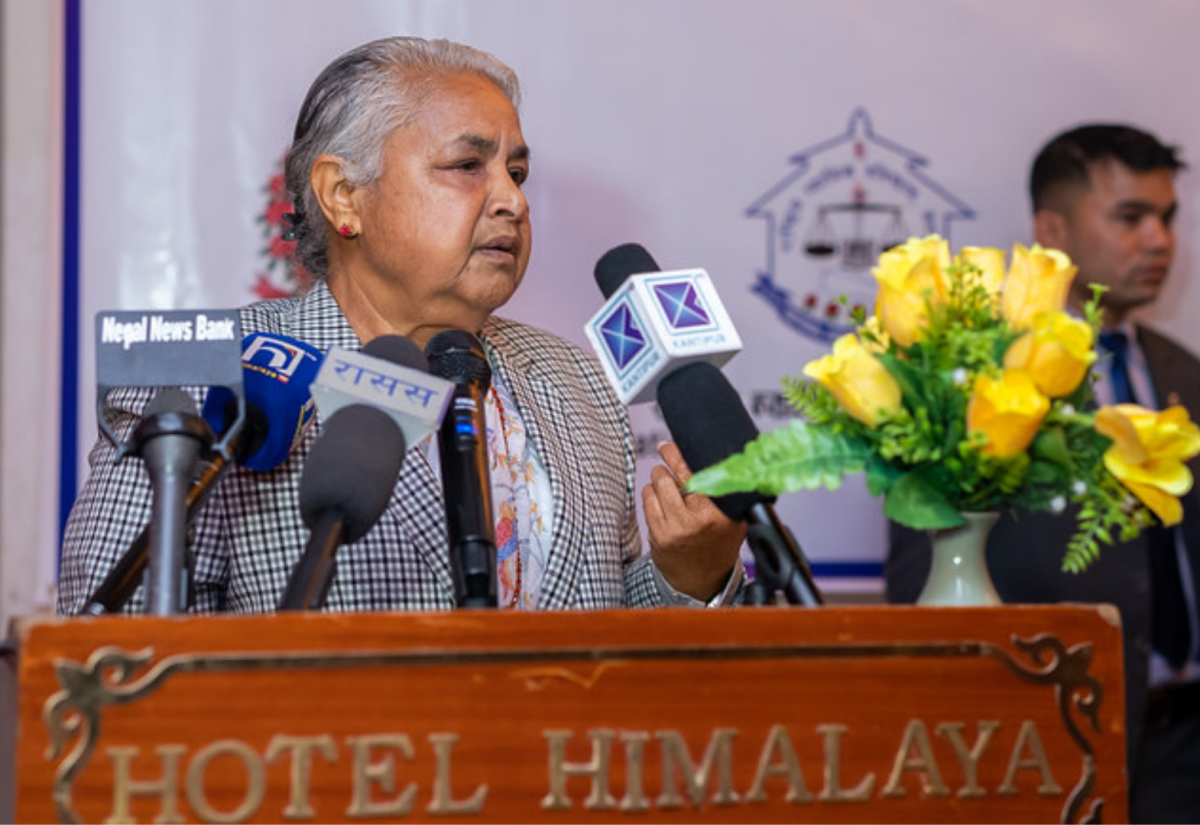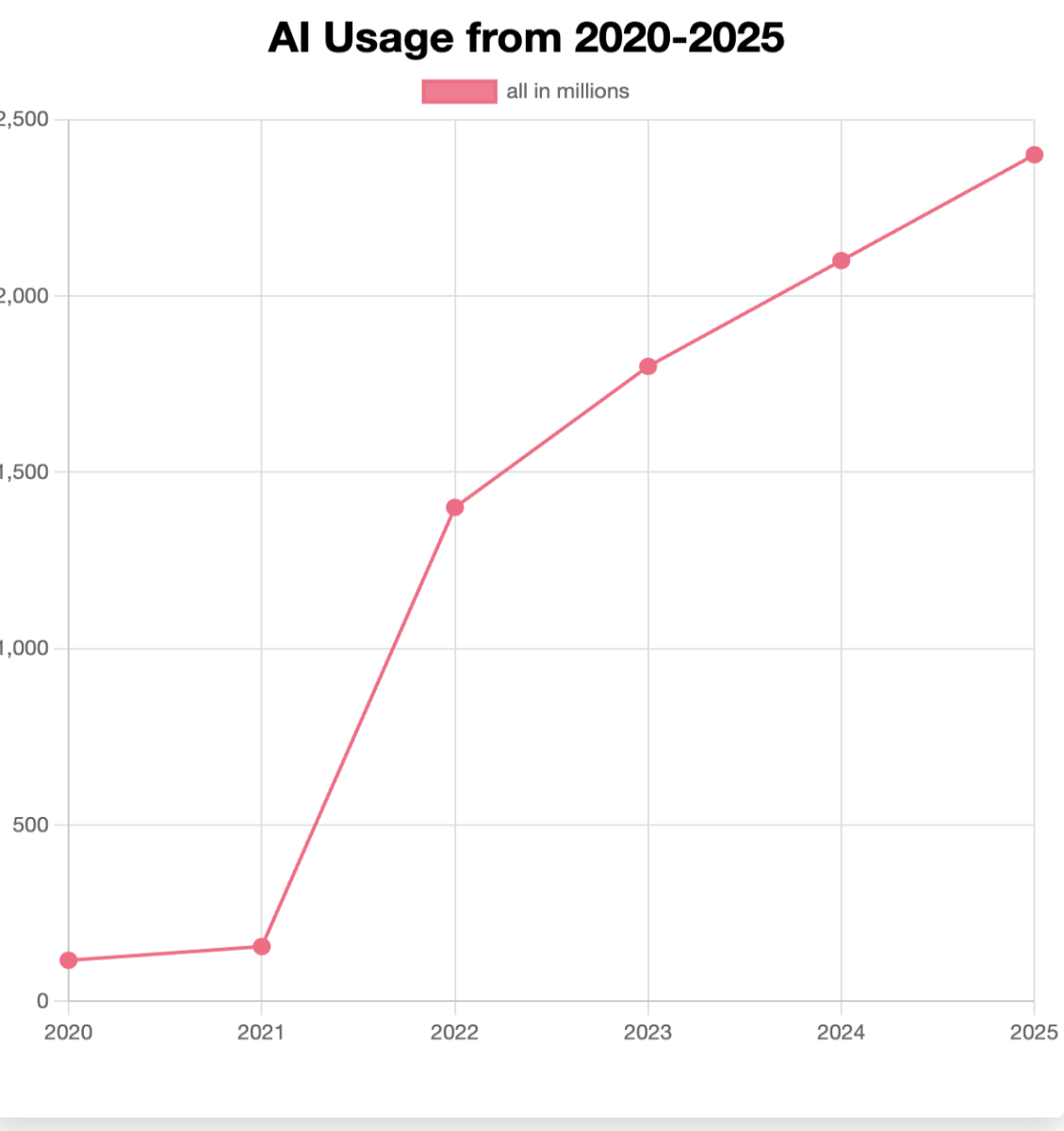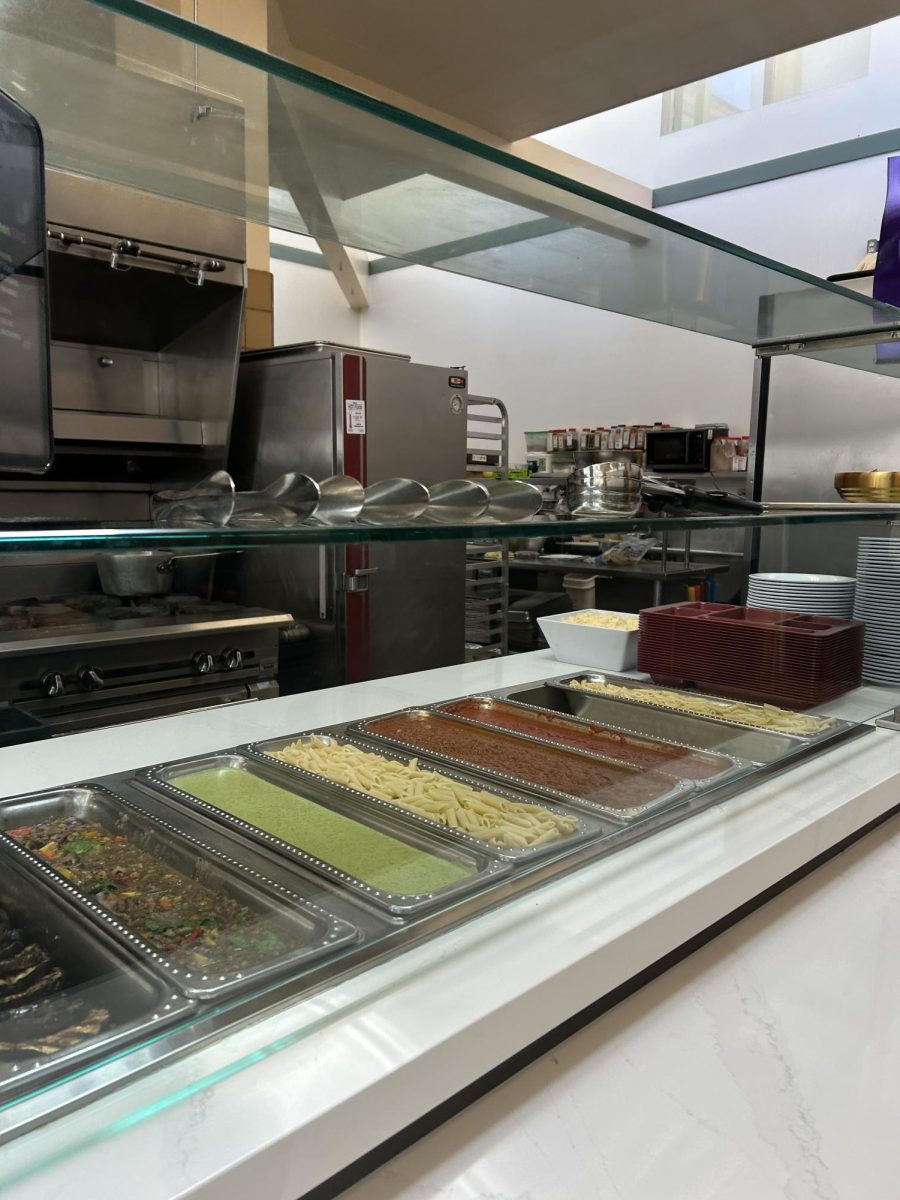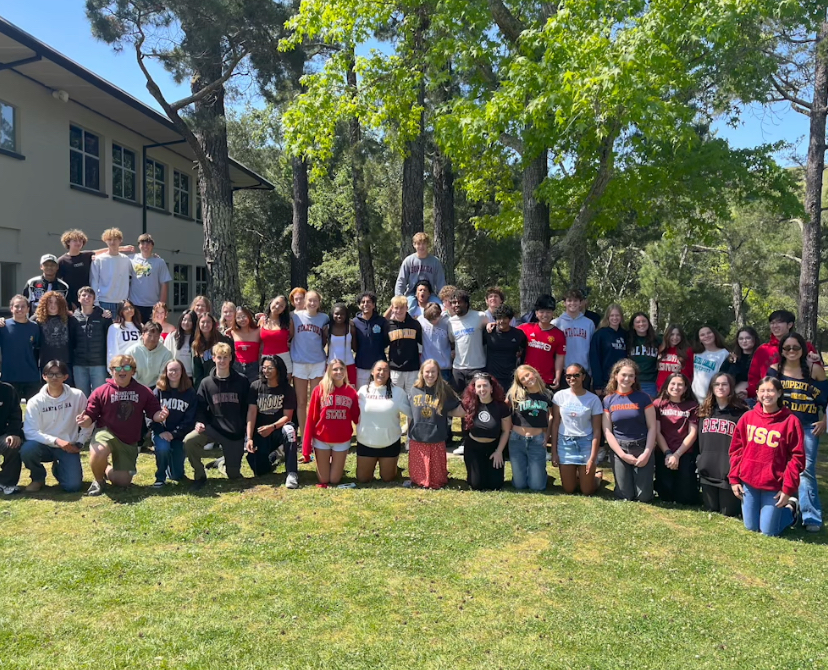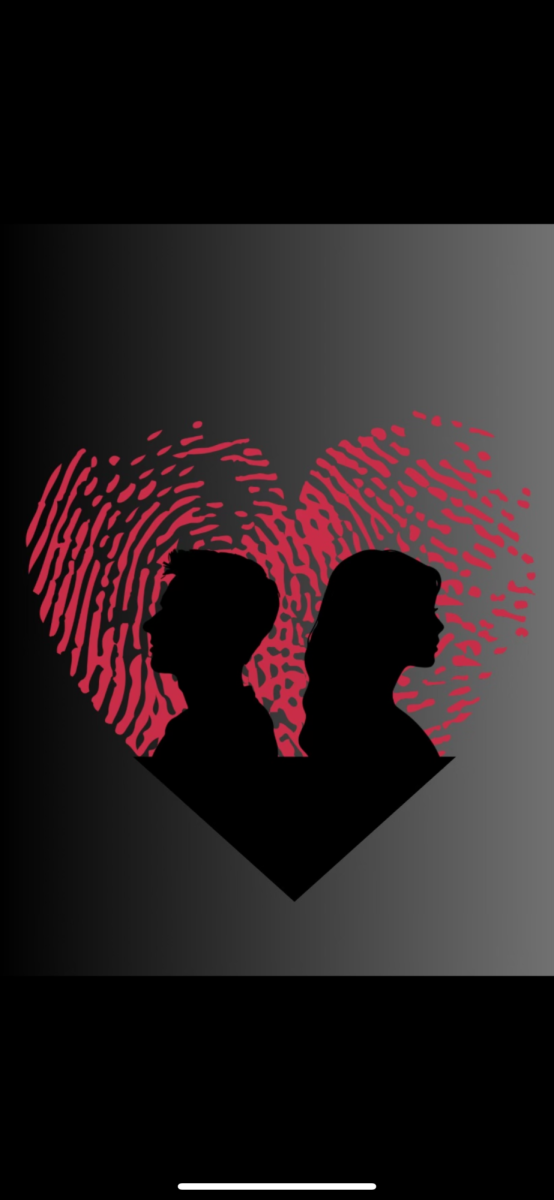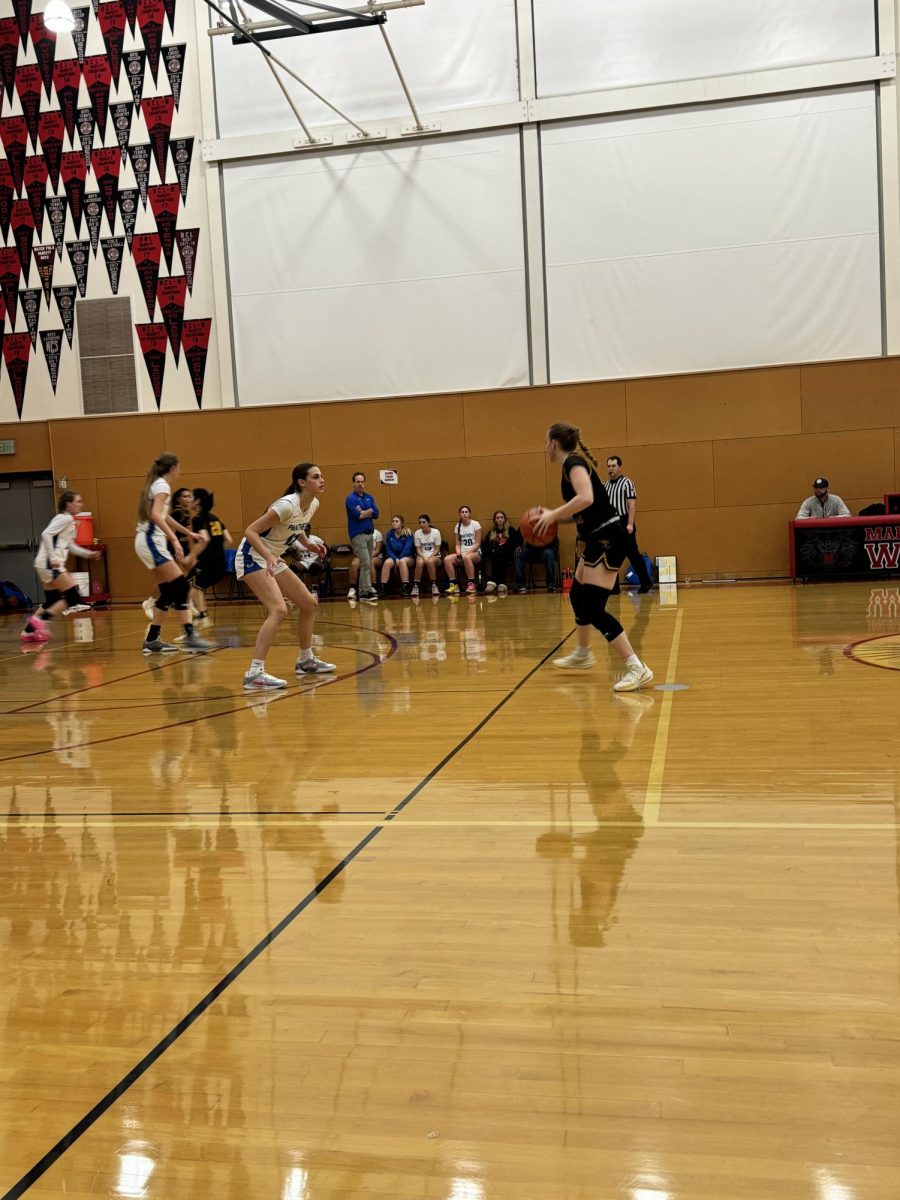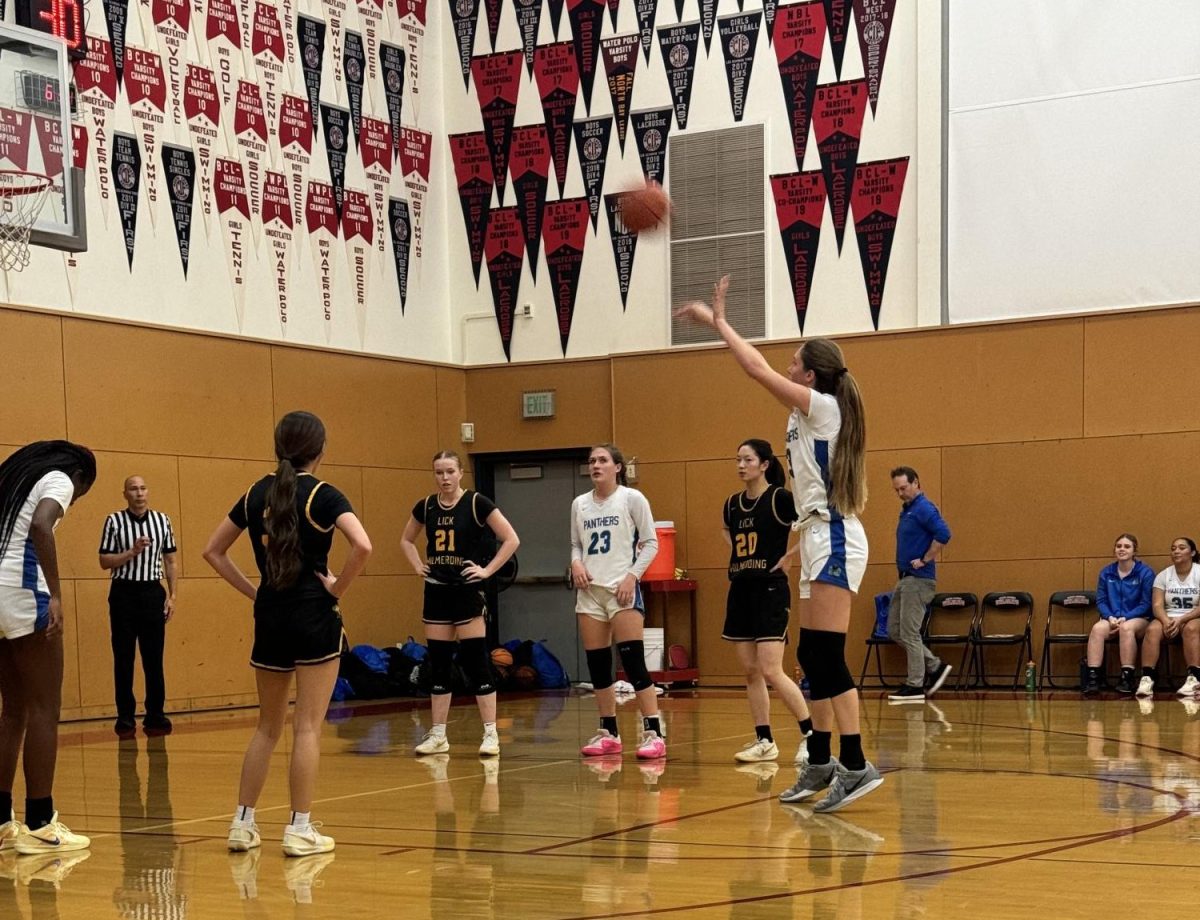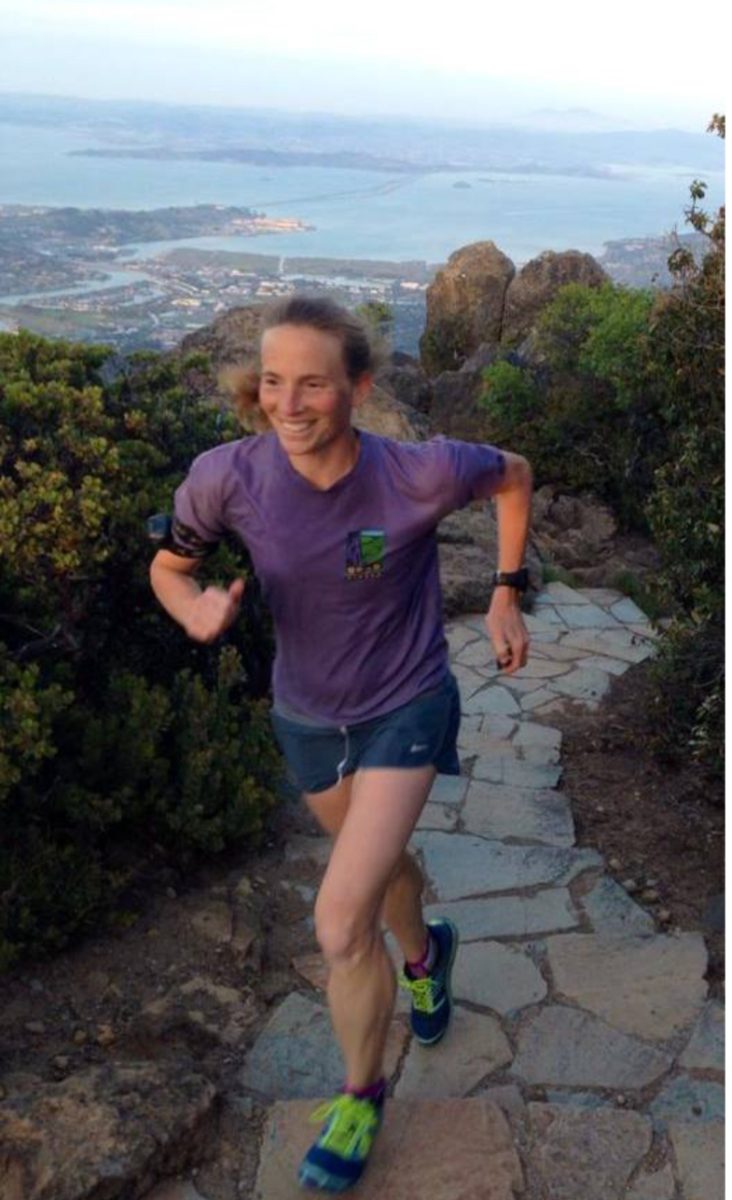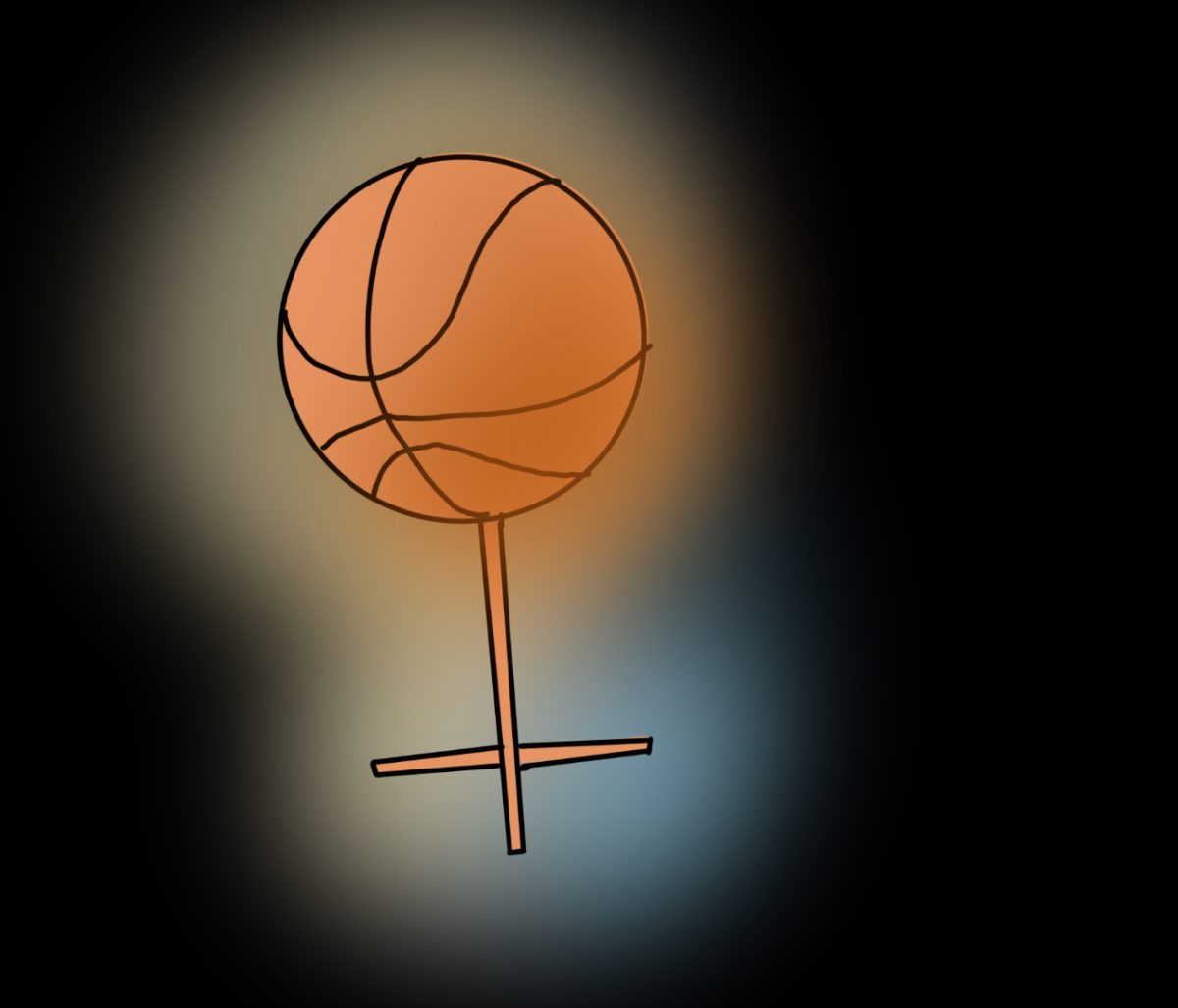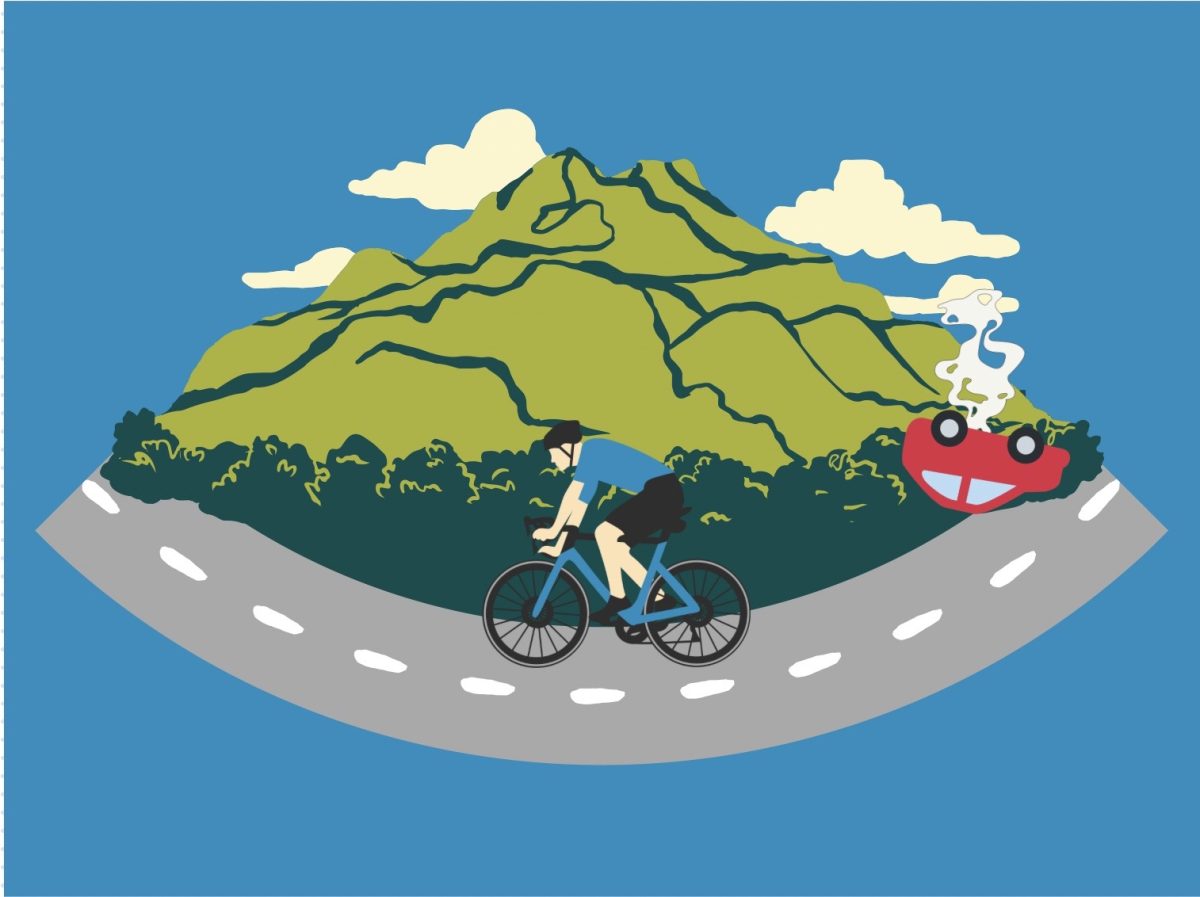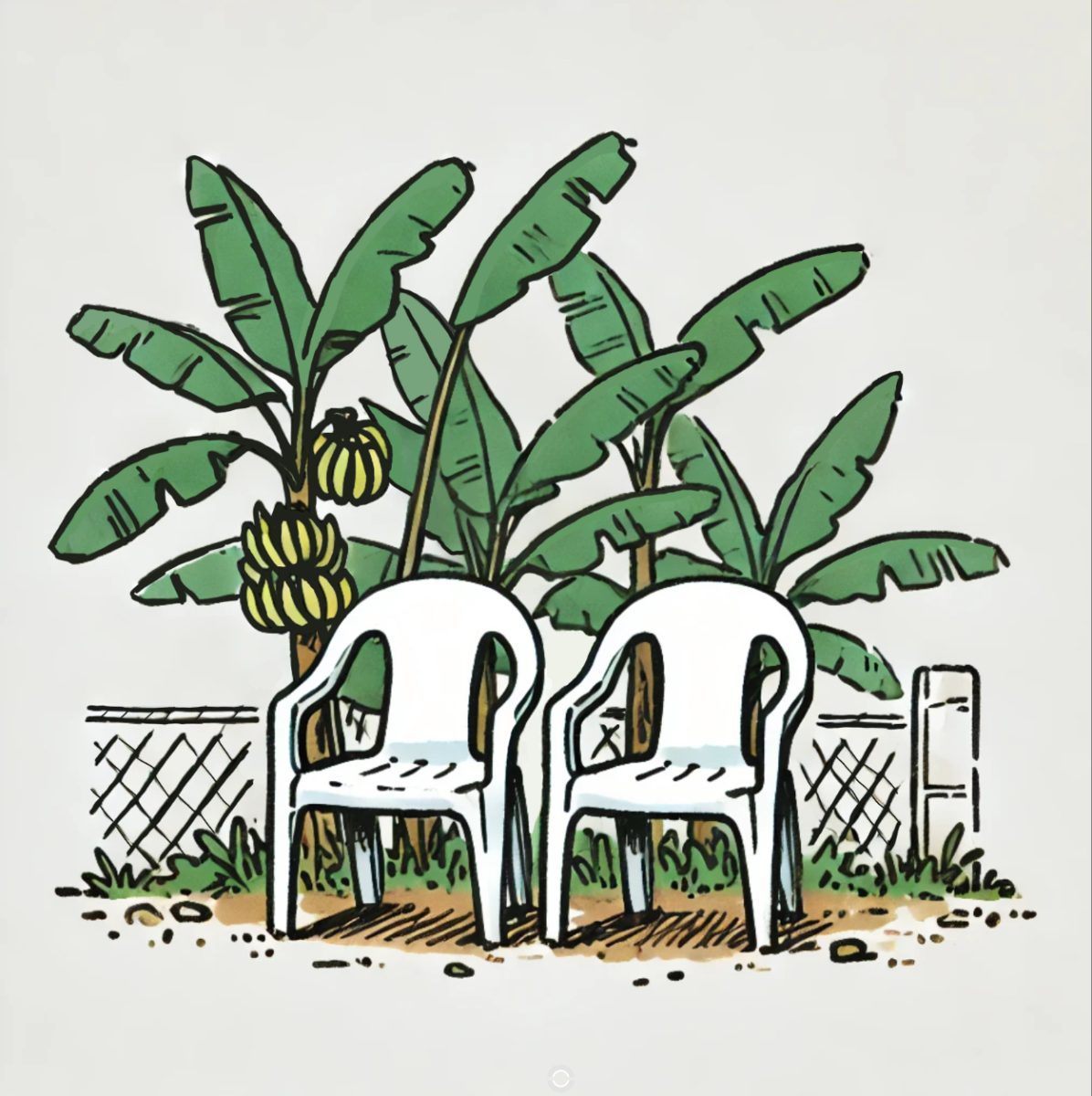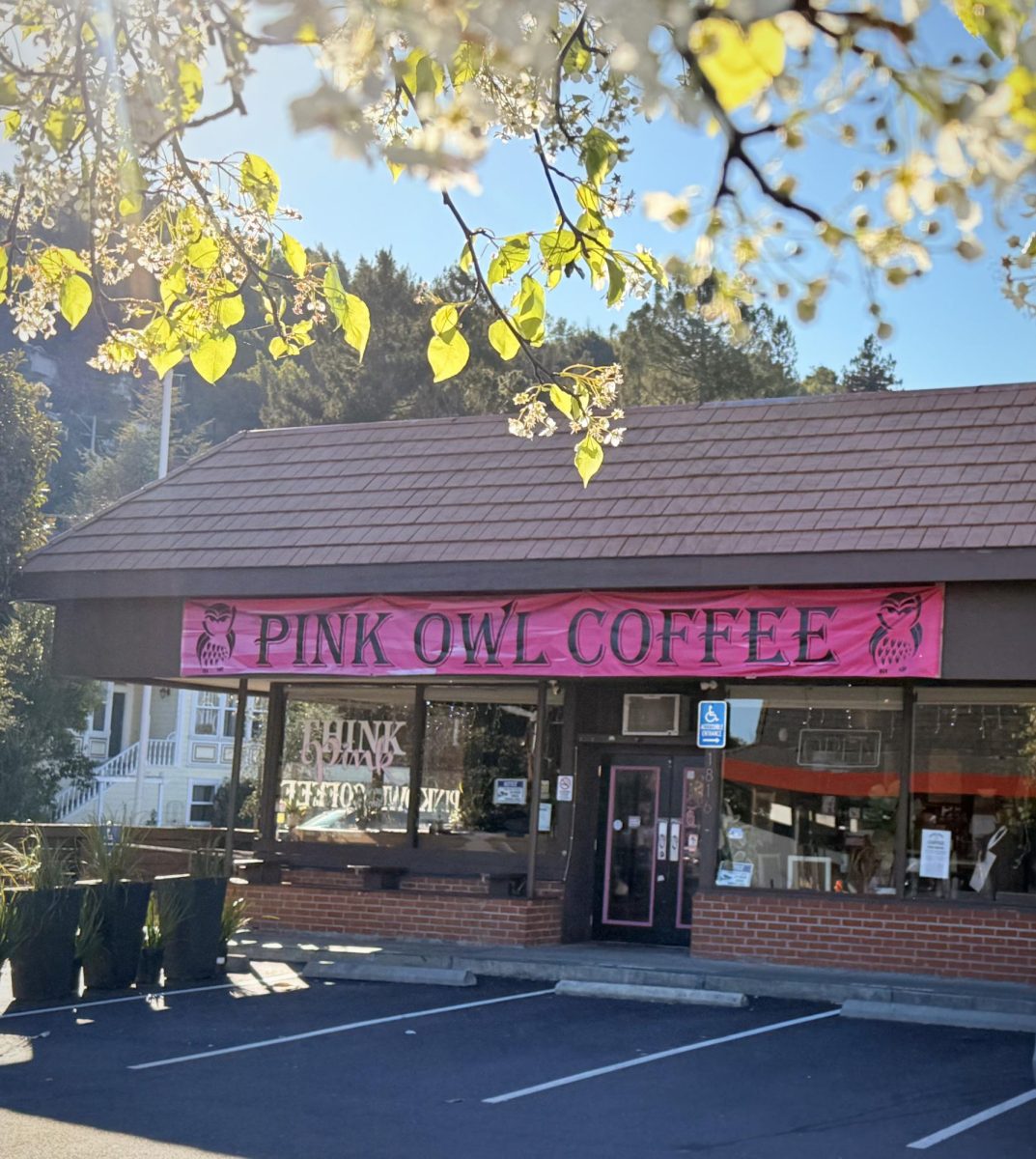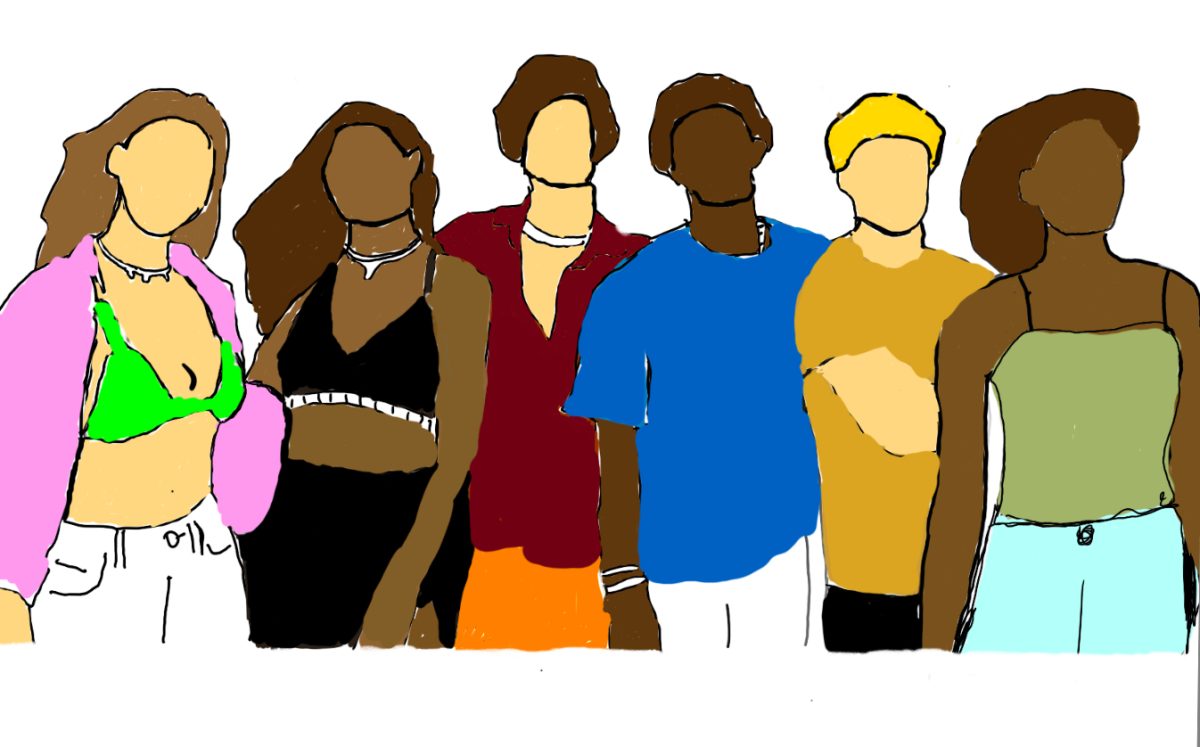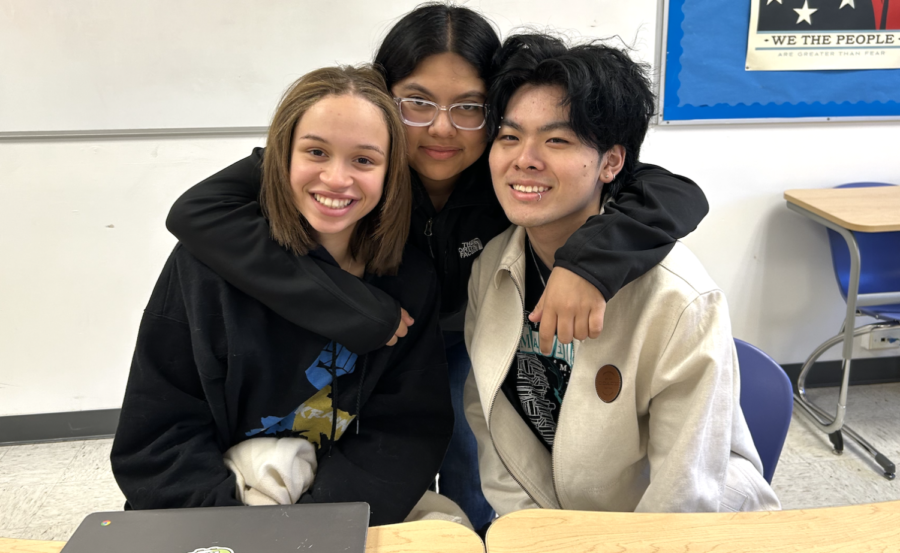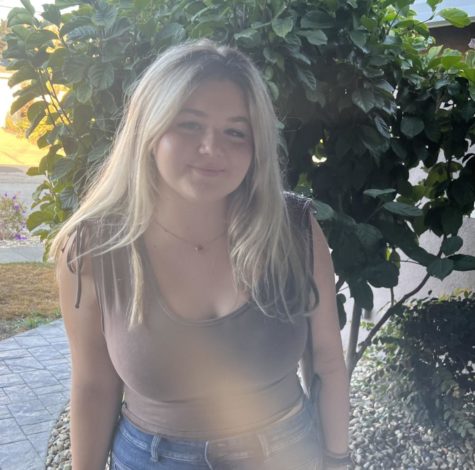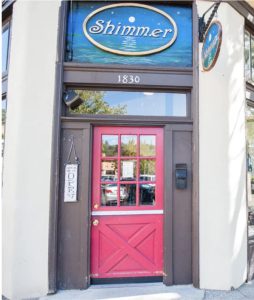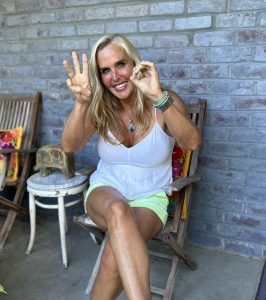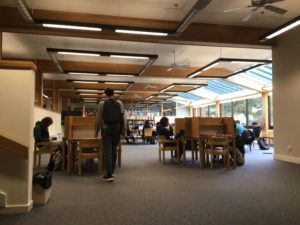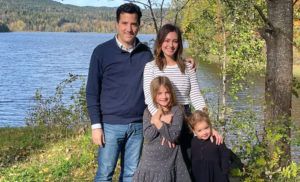How the San Domenico Mental Health Club is changing the ways of student life
Presidents of the San Domenico mental health club!(Left to Right: Dylan Youman, Paola Flores-Fuentes and Oliver Yan) Photography by Bella Riella
November 16, 2022
Thousands of young adults and teenagers across the nation have been struggling with the overwhelming burden of mental health in both school and at home. Whether it is the stress of submitting those final college applications or entering junior high, mental health issues cover a broad spectrum of students’ lives.
Dylan Youman, Oliver Yan and Paola Flores-Fuentes chose to take action this year by creating a brand new mental health club at San Domenico. Small, yet strong, the club has shown exponential growth and success since its launch.
One of three club presidents, senior Oliver Yan, spoke about why he was motivated to help the cause.
“I know a lot of people around me, including myself, went through hard times without feeling like getting enough support. So I just want to make a difference,” he said
Yan explained exactly why we—both students and teachers— need to be informed on mental health and the impacts it has on people.
“Words can hurt people’s feelings and may be traumatizing. It’s important that we respect each other and be mindful before we speak so that we don’t hurt others’ feelings,” Yan said.
Dylan Youman, a senior club founder and president, mentioned the importance of advocating for mental health and acknowledged the many students who are struggling with mental health right now. She wants the club to create a safe space for those who may need it.
“There’s a lot of students here who don’t have their families close by, so I want this to be a safe place for everyone,” Youman said. “I want it to be a place where people can reach out if they need [it], and they don’t feel confined to their own heads.”
Youman also pointed out that the adults—both in our personal lives and on campus-– need to be educated.
“The adults are the ones in the positions of power. [They] are the ones who students are going to look up to if they need help, and if they don’t feel safe,” Youman said. “They [the students] feel they can’t reach out for help because adults aren’t educated about mental health, or they don’t believe in it.”
“We as teenagers are struggling in society. I feel that a lot of older generations don’t seem to understand that,” Paola Flores-Fuentes, senior and third president of the club, said.
The club members also shed light on the negative social effects of the pandemic, as well as the controversial and rising surge of the online presence of teens.
“Our world is being controlled right now by media… constantly being in the public eye; having Snapchat, Instagram, and all these social medias, really create this new sort of anxiety that not a lot of people know about until recently,” Flores said. “It really does contribute to issues you have – for example, body positivity. You don’t like your body. Now, it’s like not only are you bullied in school, you’re getting bullied online.”
In addition, Youman explained that social media sets unrealistic standards for teenagers, and this leads to a downfall in mental health.
“Social media and technology play a huge role in the mental health issues of students. Since the pandemic, people spend a lot of time online… comparing themselves to other people, and really subconsciously learning to hate themselves,” Youman said.
One of many goals for the club is to allow students to be open with topics and thoughts they might not regularly speak about with their friends and families.
“Sometimes you really just don’t feel comfortable telling people really close to you in your life. Mental health club is a place that is safe and confidential to tell me, Dylan, and Oliver [and everyone else in the club] how you’re feeling,” Flores said.
Flores said that the club makes an effort to truly understand and see how students are doing. “We don’t just say, ‘Oh how are you?’ but, [we ask] how you’re doing truly. The more you open up, the more others feel comfortable to do it.”
On top of this, Yan calls attention to mental health inclusivity, and how it should be integrated into day-to-day student life on the San Domenico campus.
“[We need] to improve inclusiveness and recognition of mental health related topics,” he said.
While there is an endless list of goals club leaders have set, Youman succinctly explained the club’s mission:“This is a student lead, student support group for anybody who is struggling or even just wants to learn more about mental health. We want to destigmatize [mental health challenges] and spread awareness and knowledge.”
Whether you have an understanding of mental health issues or not, the club addresses the well-being of all students, no matter who you are, or where you come from.
